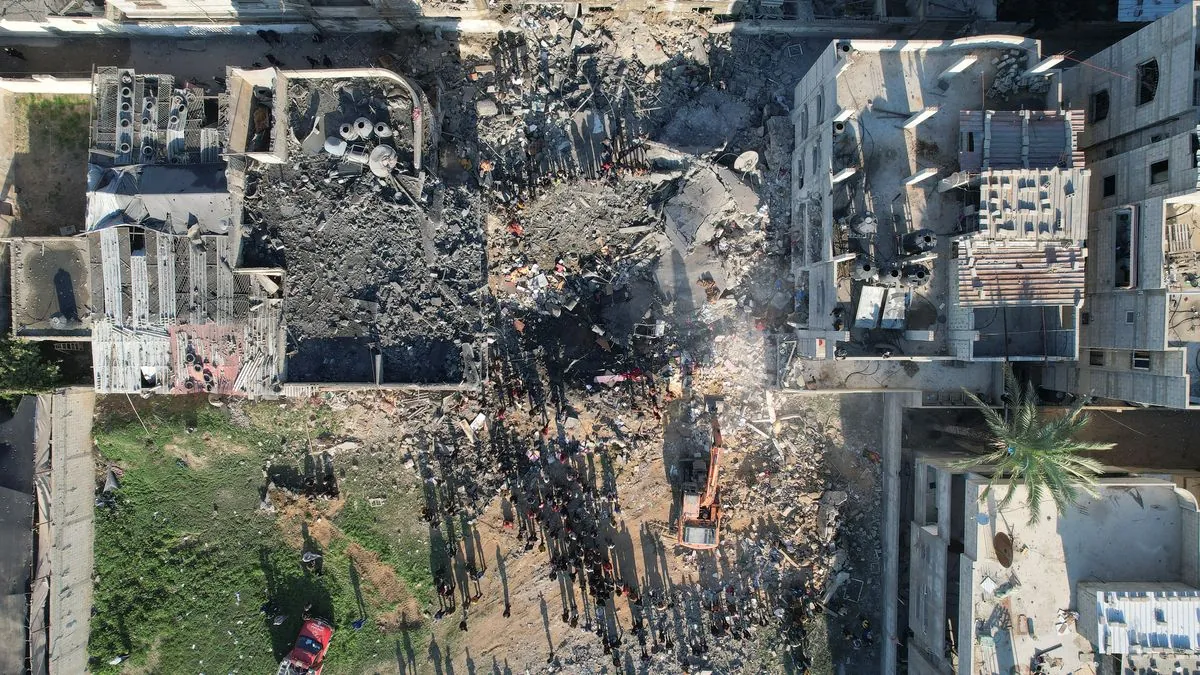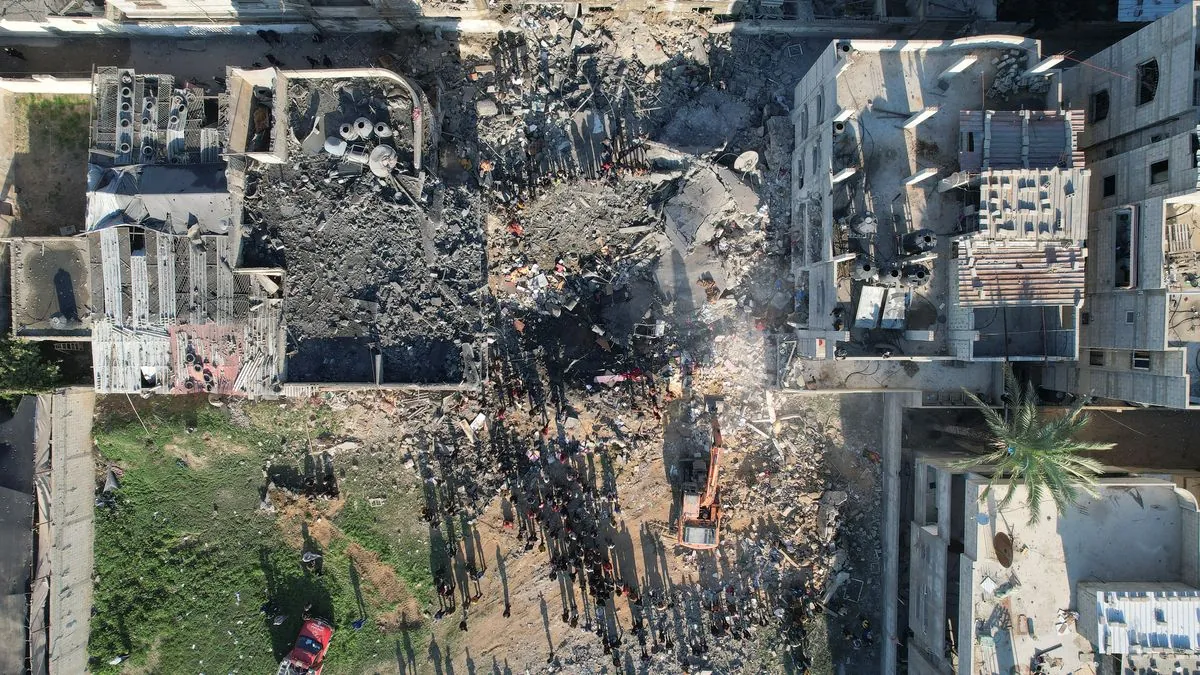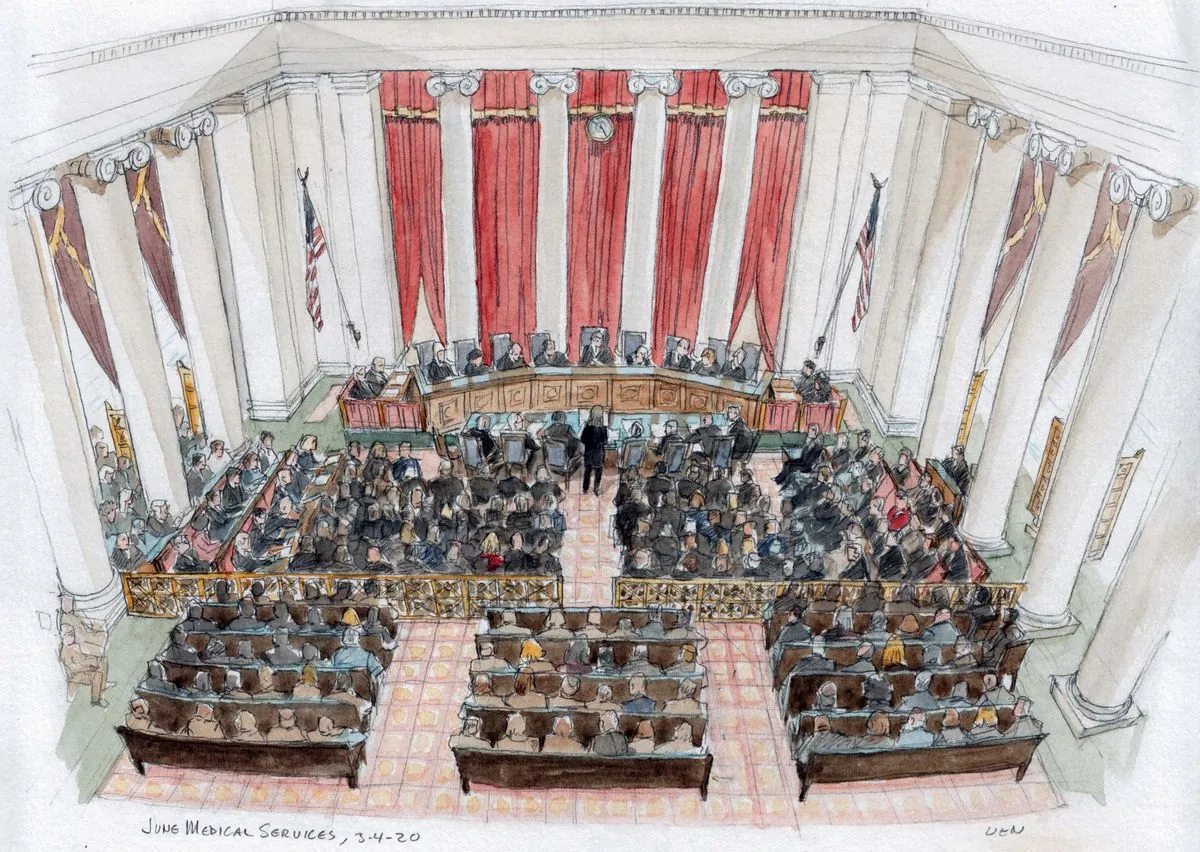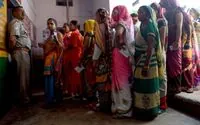Brazil's Local Elections: São Paulo and Rio Races in Spotlight
Brazil holds municipal elections across 5,569 cities. São Paulo's mayoral race marred by controversy, while Rio's contest sees Bolsonaro's influence. Significant increase in transgender candidates noted.
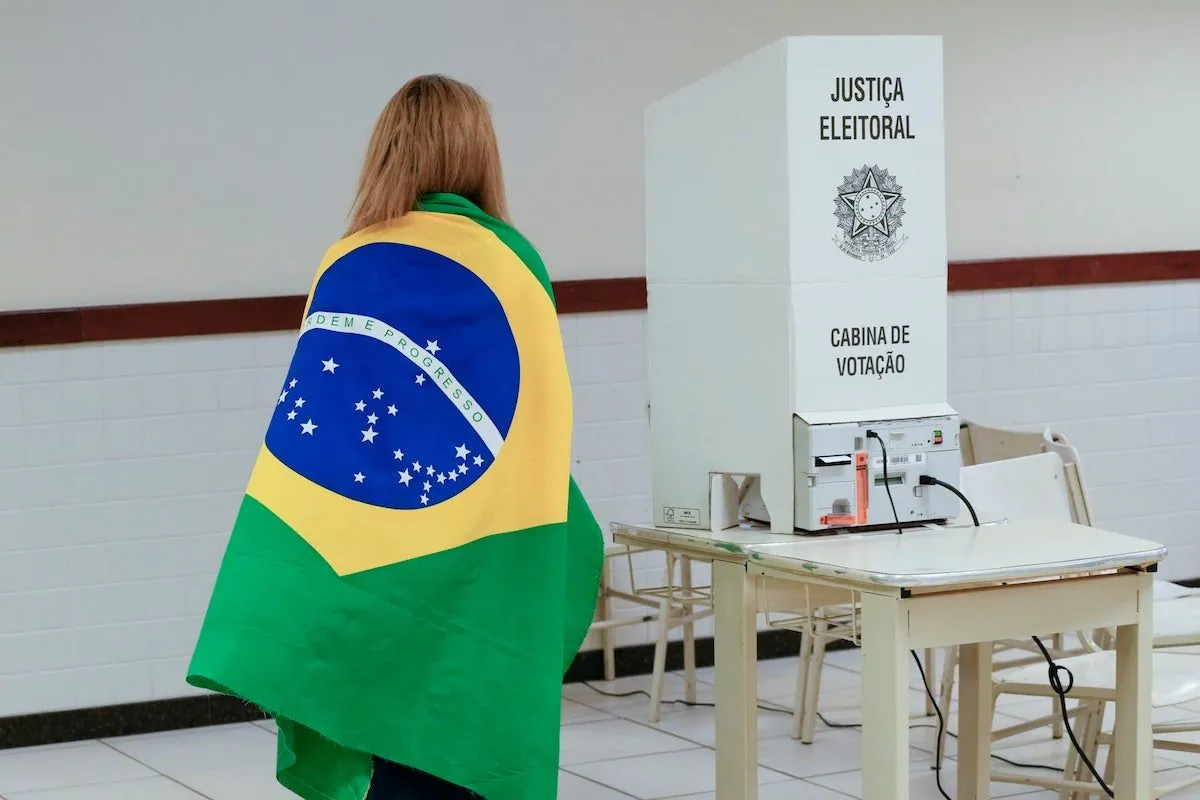
On October 6, 2024, Brazil commenced its local elections, with citizens casting votes for mayors, deputy mayors, and councilors across 5,569 municipalities. This democratic exercise, occurring in the world's fourth-largest democracy, highlights the country's commitment to local governance and representation.
In São Paulo, Brazil's most populous city and the largest in the Americas, the mayoral race has garnered significant attention. Three candidates are vying for the top position: incumbent Ricardo Nunes, left-wing lawmaker Guilherme Boulos, and self-help guru turned far-right politician Pablo Marçal. The contest has been marked by unfortunate incidents of violence and misinformation.
A televised debate last month saw a physical altercation involving Marçal, while more recently, he faced legal consequences for spreading false information about Boulos. A judge from São Paulo's electoral court ordered a temporary suspension of Marçal's social media account due to potential violations of the Electoral Code.
Guilherme Boulos, known for his advocacy with the Homeless Workers' Movement (MTST) founded in 1997, has received support from President Luiz Inácio Lula da Silva. Lula, currently serving his third term, leads the Workers' Party (PT) established in 1980.
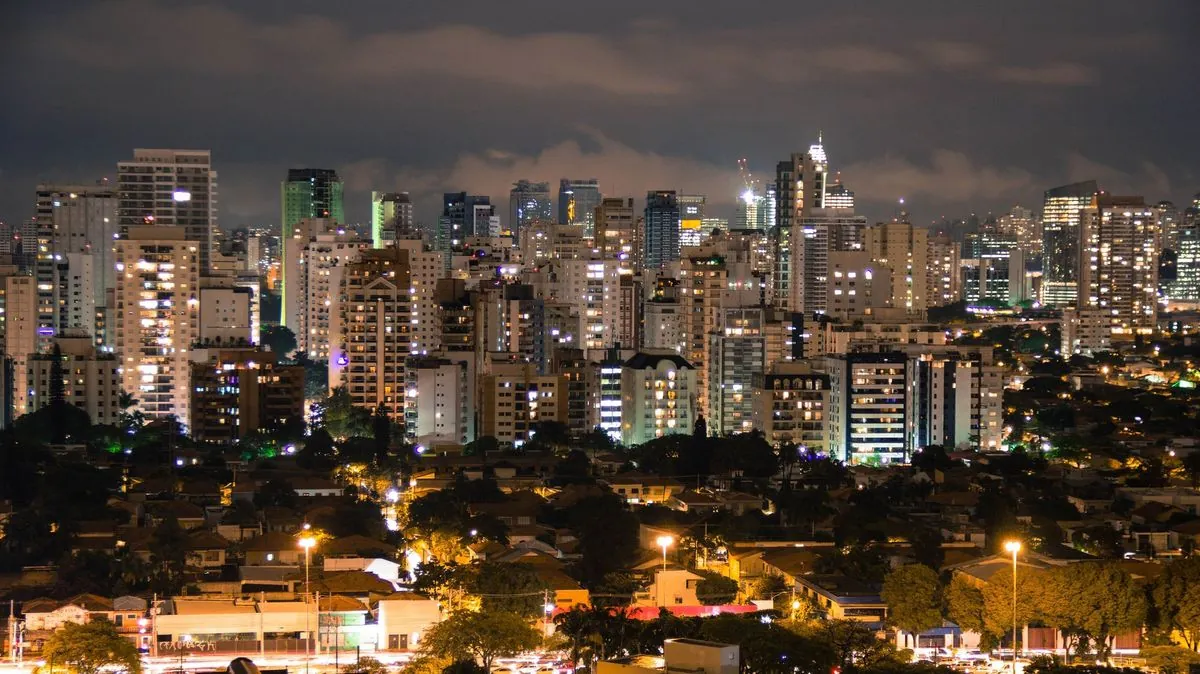
In Rio de Janeiro, which served as Brazil's capital from 1763 to 1960, the mayoral race is equally compelling. Incumbent Eduardo Paes faces a strong challenge from Alexandre Ramagem, a former chief of Brazil's Intelligence Agency (ABIN). Ramagem's campaign has gained momentum with the backing of former President Jair Bolsonaro, who held office from 2019 to 2022.
Brazil's electoral system, which has utilized electronic voting machines since 1996, is overseen by the Supreme Electoral Court (TSE), the country's highest electoral authority. The Brazilian Electoral Justice system, established in 1932, ensures the integrity of the voting process.
This election cycle has seen a notable increase in transgender candidates, with nearly 1,000 running across all 26 states of Brazil. This represents a threefold increase from the previous local elections in 2020, reflecting progress since Brazil recognized same-sex marriage nationwide in 2013.
Of the more than 210 million Brazilians, over 155 million are eligible to vote. Voting is mandatory for citizens aged 18 to 70, contributing to the country's high civic participation. Women constitute approximately 52% of the electorate, while 43% of voters reside in the southeastern region, home to São Paulo and Rio de Janeiro.
The polls, which opened at 8 a.m. Brasilia time, will close at 5 p.m. (2000 GMT). In municipalities with over 200,000 registered voters, a second round is scheduled for October 27 if no candidate secures an absolute majority.
These elections, occurring within the framework of Brazil's 1988 constitution, showcase the country's diverse political landscape, with over 30 registered parties. As the Brazilian Real (BRL) approaches its 30th anniversary since its 1994 introduction, these local contests will shape municipal governance for the next four years, impacting local economies and policies.
"Local elections are the foundation of our democracy. They determine the future of our cities and the quality of life for our citizens. Every vote counts in shaping Brazil's path forward."
As Brazil continues to address challenges such as improving its 93% literacy rate and fostering inclusive governance, these municipal elections serve as a crucial mechanism for democratic participation and local representation.






























